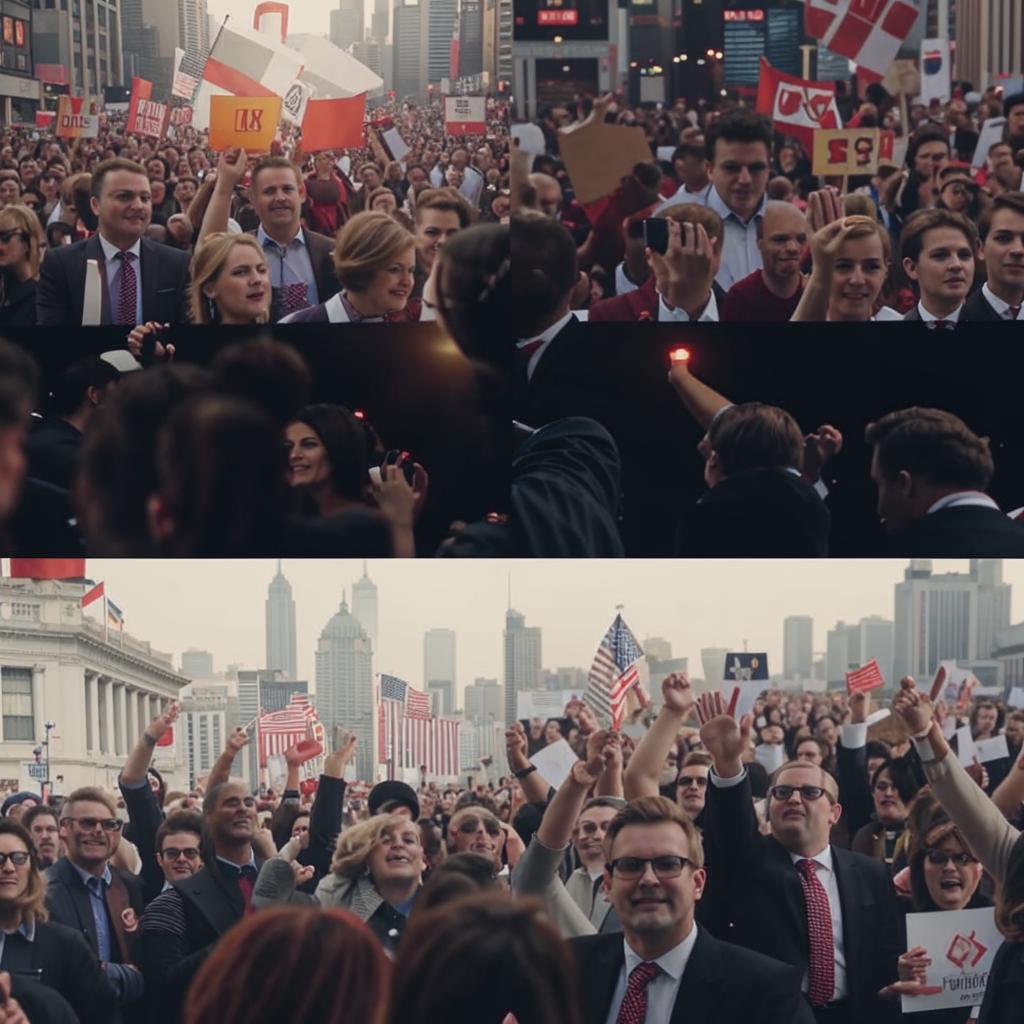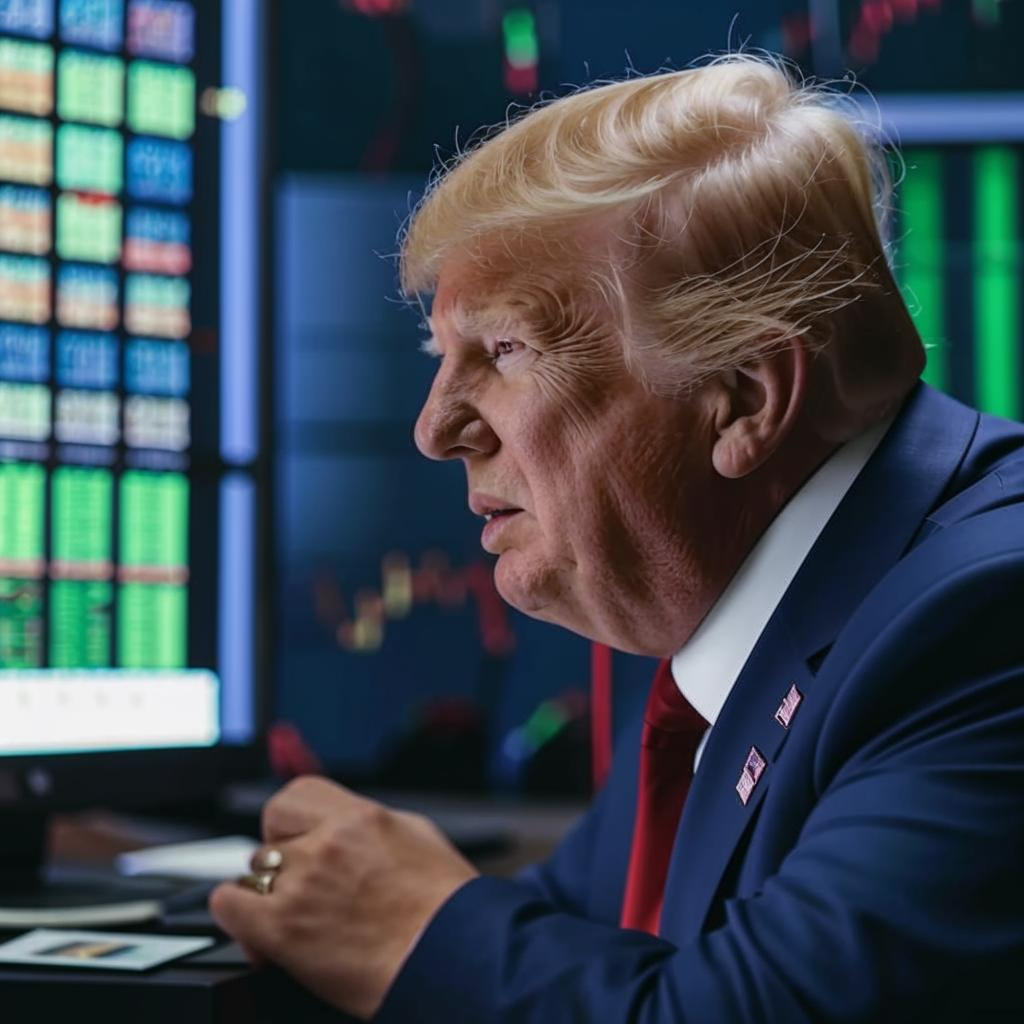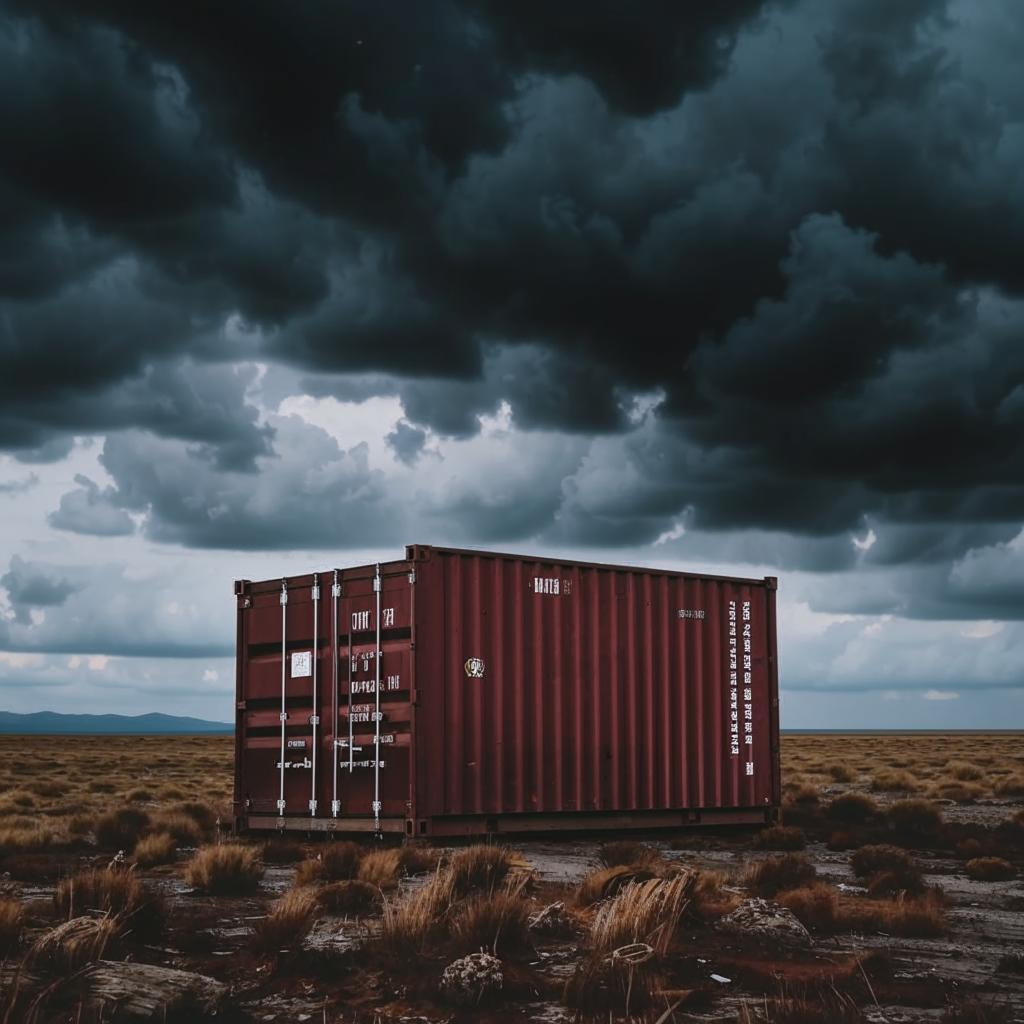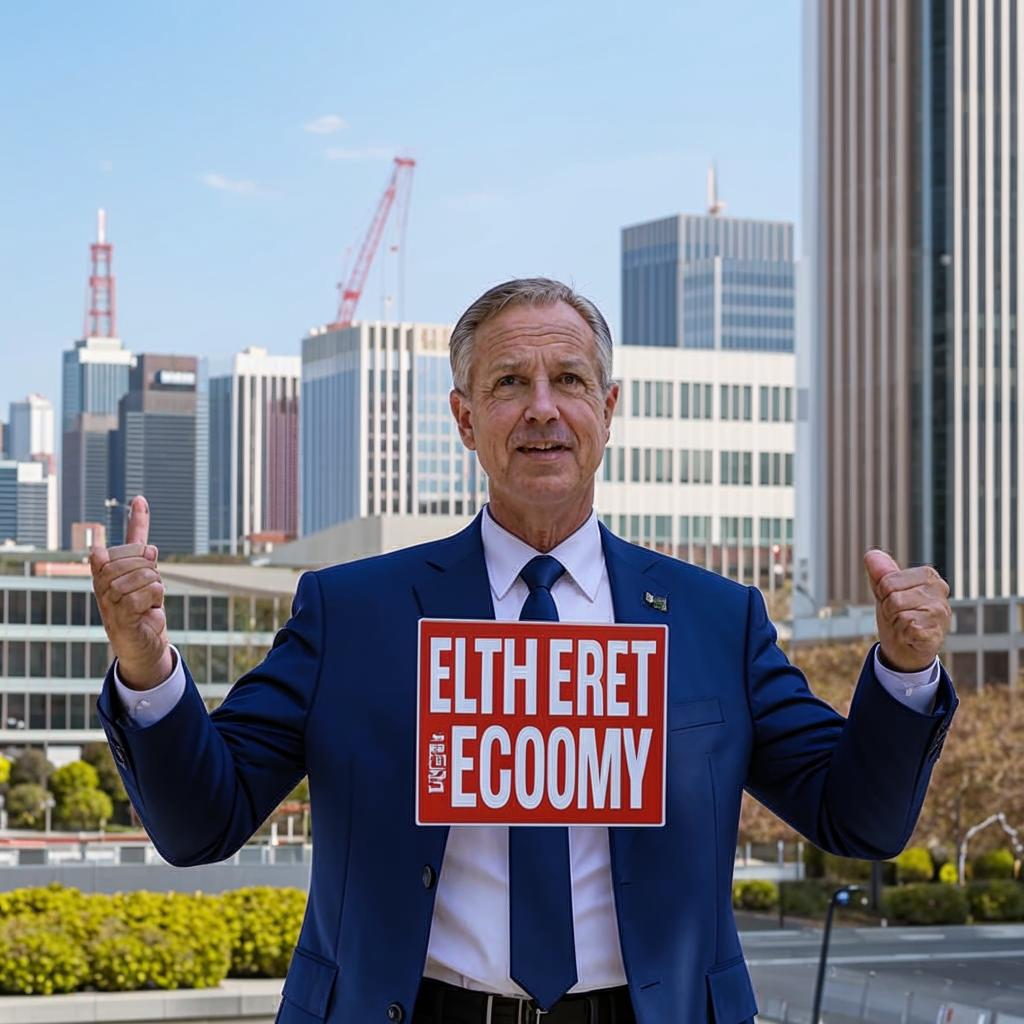Donald Trump’s inconsistent tariff pronouncements continue to inject volatility into an already precarious global economy. A pattern of imposing tariffs, then hinting at concessions, only to revert to a hardline stance, has left businesses and international markets in a state of perpetual uncertainty. These policy shifts, often communicated via social media or impromptu press conferences, make it difficult for companies to plan investments, manage supply chains, and forecast future earnings.
The impact is felt worldwide. Nations dependent on trade with the United States, including key allies, grapple with the potential for sudden disruptions to their economies. Emerging markets, particularly vulnerable to global economic shocks, face the risk of capital flight and currency devaluation. The International Monetary Fund (IMF) and other international organizations have repeatedly warned of the negative consequences of protectionist trade policies, citing reduced global growth and increased risks of recession.
Analysts argue that Trump’s tariff strategy, while intended to protect American industries and jobs, often backfires. Increased import costs translate to higher prices for consumers, erode the competitiveness of U.S. exporters, and disrupt established trade relationships. The resulting uncertainty undermines business confidence, leading to decreased investment and slower job creation. Furthermore, retaliatory tariffs imposed by other countries can further harm American businesses and farmers.
The constant changes in direction fuel mistrust among trading partners, making it harder to negotiate long-term agreements and resolve trade disputes. This lack of predictability weakens the multilateral trading system and undermines the credibility of the United States as a reliable economic partner. The world economy, already facing numerous challenges from geopolitical tensions to rising interest rates, is now grappling with the added burden of Trump’s trade policy uncertainty. Finishtit












